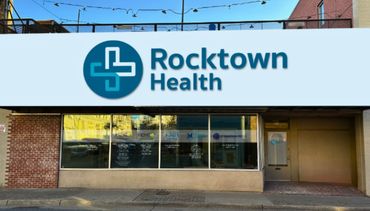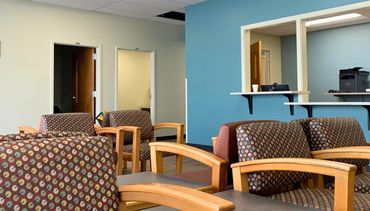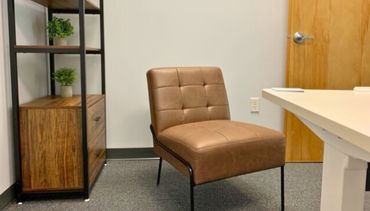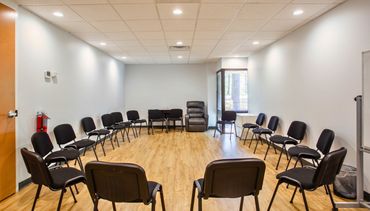
Drug & Alcohol Rehab Centers near Leesburg, VA
If you’re looking to help yourself or someone you love struggling with substance addiction in Leesburg, VA, Rehabs.com presents large online database of private clinics, as well as a wealth of other choices. We can help you locate drug and alcohol abuse care clinics for a variety of addictions. Search for a great rehab clinic in Leesburg now, and get rolling on the path to clean living.
Treatment Centers near Leesburg, VA
All Treatment Centers near Leesburg, VA
Are You Covered For Treatment?
- Richmond Rehabs
- Winchester Rehabs
- Arlington Rehabs
- Virginia Beach Rehabs
- Williamsburg Rehabs
- Manassas Rehabs
- Roanoke Rehabs
- Lynchburg Rehabs
- Annandale Rehabs
- Petersburg Rehabs
Information About Rehab in Leesburg
Latest Reviews
Latest Reviews of Rehabs in Virginia
Intercept True North Health Clinic
The doctors and staff here have been so amazing to my son. He has came such a long way since day one. Thank you guys so much !
Avenues Recovery Center at Norfolk
The kitchen staff are great you will def eat good here. The staff are amazing they have an alumni program, they are so caring and kind there the first office you go into is so welcoming if you want to get saved come.
More Info
Choosing whether to enter an inpatient or outpatient program can be a difficult decision. Many people who exit rehab relapse and begin abusing substances again over time. It's important to know that relapse is not a sign of failure and is often simply an obstacle to overcome on the path to sobriety. Many addicts need to enter rehab, whether inpatient or outpatient, more than once in order to successfully recover.
Addiction experts often recommend trying an inpatient rehab program if you haven't had success with an outpatient treatment program in the past. Outpatient programs require discipline and independent motivation. Ask yourself these questions:
- Is my substance abuse tied to the stress of my daily life?
- Do I use drugs and alcohol with my friends, family or spouse?
- Do I have a physical dependence on alcohol or drugs?
If you answered "yes" to any of the above questions, you may be best off in an inpatient program.
Substance Abuse in Veterans and SoldiersAlcohol and drug abuse among our soldiers returning from Iraq and Afghanistan is a growing problem. From 2005 to 2008, the recreational abuse of prescription painkillers among soldiers increased threefold.
Twenty-seven percent of veterans abuse alcohol when they return home, and from 2003 to 2009, substance abuse played a role in 30 percent of Army veteran suicides.





























